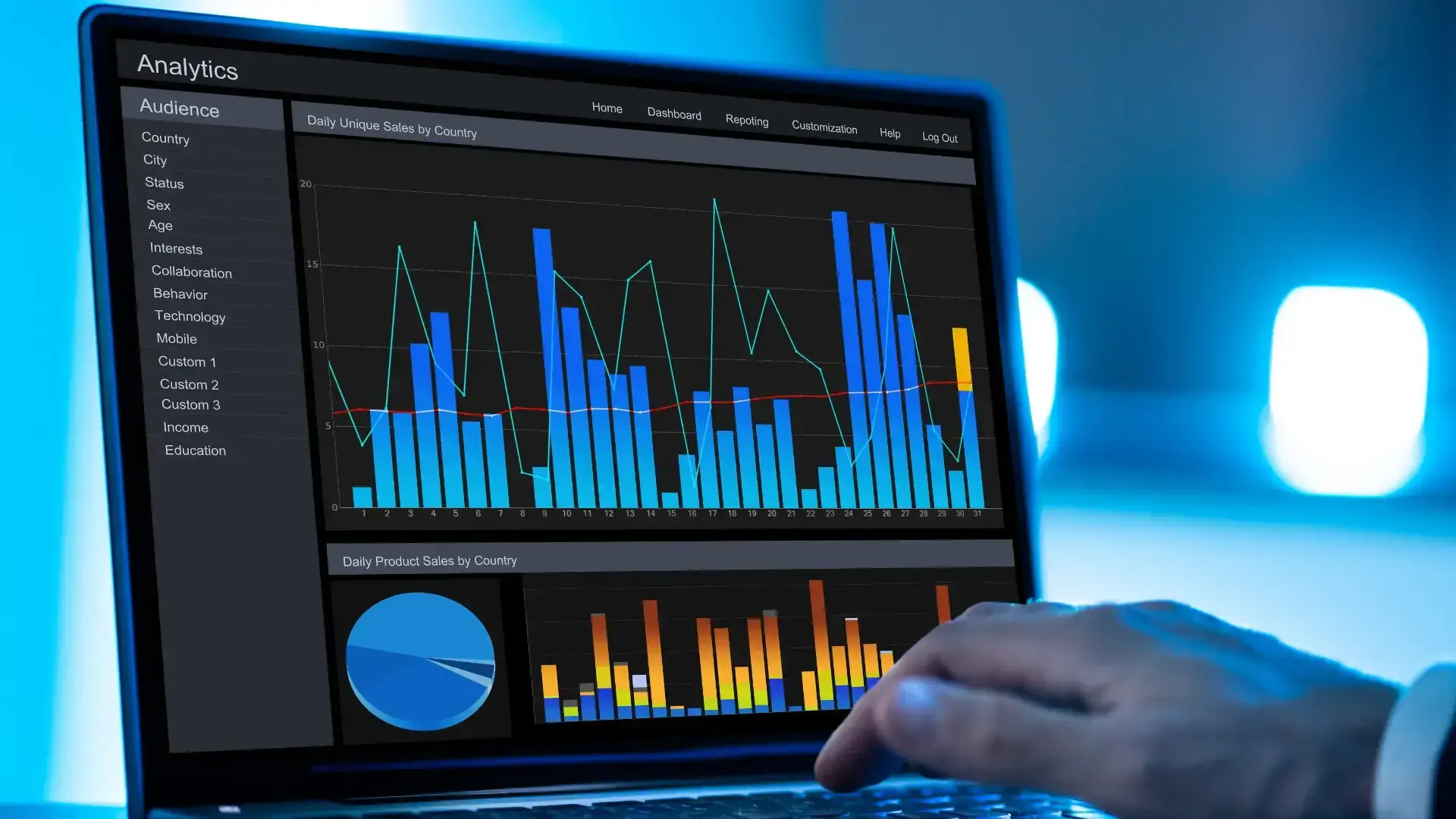With innovations disrupting best practices seemingly every day, small and medium-sized businesses (SMBs) often find themselves in a maze of new trends and technologies.
Keeping pace can be daunting, but it's manageable.
This guide presents a dual approach for SMBs wanting to improve their digital marketing: basic strategies that SMBs can implement independently and advanced techniques where considering an agency's expertise might be beneficial.
In this article:
- Creative marketing strategies (with case study)
- Advanced Strategies for SMBs to Boost Sales

Source: rawpixel.com on Freepik
Whether a novice in digital marketing or ready to explore more sophisticated methods, this journey is about turning challenges into opportunities for growth and success.
What are Some Low-Cost Digital Marketing Strategies to Boost Sales?
SMB owners looking to implement low-effort and low-budget—yet highly effective—digital marketing strategies should consider claiming their Google Business Profile.
These strategies require minimal specialist marketing knowledge, making them accessible to business owners who are juggling multiple roles or the one- (wo)man marketing team.
1. Claim your Google Business Profile
Local SMBs must prioritize their online presence to attract and retain customers. Claiming and optimizing a Google Business Profile is not just about being found online; it's about making a lasting first impression.
For local businesses, this is a crucial step toward improving local search visibility and credibility. With a Google Business Profile, SMBs can position themselves effectively in local markets for increased customer engagement and interaction.
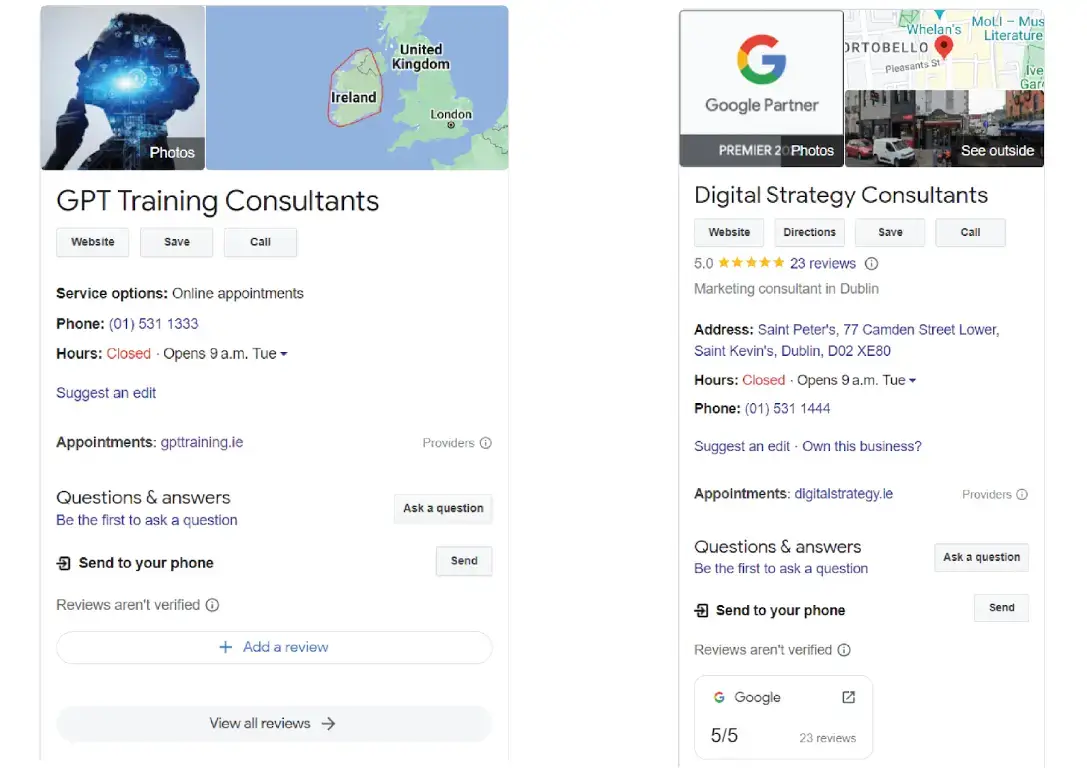
Examples of Google business profiles
Optimization Strategies
- Complete and Accurate Information: Ensure that your profile contains accurate, up-to-date information about your business, including address, phone number, and hours of operation.
- High-Quality Images: Adding high-quality images of your business, products, or services can significantly enhance the appeal of your profile.
- Customer Reviews: Encourage customers to leave reviews. Responding to positive and negative reviews shows potential customers that you value feedback and are actively engaged with your clientele.
- Add Content Articles/Blogs: To keep an SMB’s Google Business Profile up to date and satisfy Google’s algorithm, it’s best practice to add content articles or blogs directly as one more option for users to interact with a business profile.
The ultimate goal is to be featured in Google's 'Local 3-Pack', the block of three business listings that appear at the top of Google search results for local queries.
Businesses in the 3-Pack gain significantly more visibility and are more likely to be clicked on by potential customers.
By effectively optimizing their Google Business Profile, SMBs enhance their local SEO and lay a solid foundation for broader digital marketing efforts.
Partnering with top digital marketing agencies can amplify these efforts.
2. Press releases for brand awareness
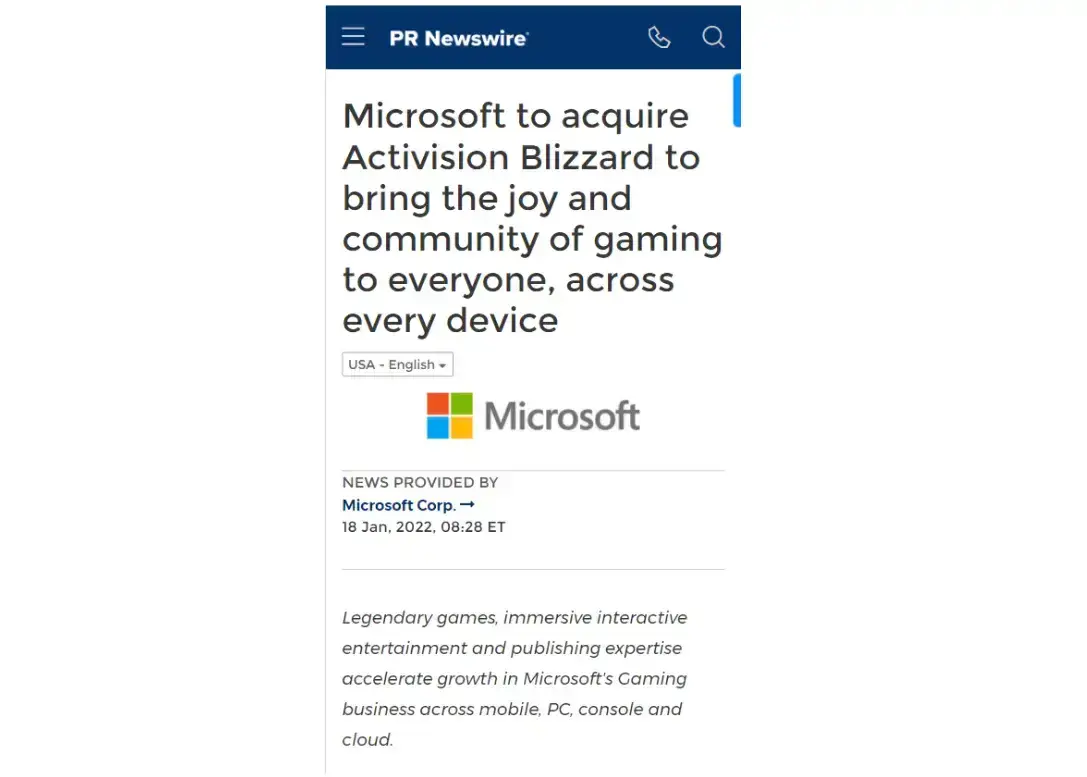
Source: PR Newswire
While a more traditional tactic, press releases are still relevant and stand out for their ability to broadcast significant company milestones or product launches. Utilizing press releases is a strategic move to gain media attention and reach a broader audience.
Additionally, SMBs can effectively communicate their unique value proposition, capturing the interest of potential customers and investors. This traditional yet powerful tool can amplify an SMB's voice in a competitive market.
Crafting an Impactful Press Release
- Newsworthiness: Focus on aspects that make your announcement newsworthy—unique product features, milestones, or partnerships.
- Clarity and Conciseness: Write clearly and concisely. Use AI tools like Chat GPT Hive to help craft the release efficiently.
- Media Engagement: Include quotes from company leaders or experts and provide high-quality images or videos for coverage.
Distribution and Visibility
- Distribution Networks: Use online press release distribution services to reach journalists, bloggers, and potential customers.
- SEO Benefits: Include relevant keywords to enhance the SEO value of your press release.
Similar to press releases, creative marketing strategies can further help SMBs stand out and leave a memorable impression.
3. Creative marketing strategies
A more modern marketing tactic — simple yet challenging to master — is embracing creativity. Creative marketing strategies can set an SMB apart in a crowded marketplace.
It’s not just about standing out; it's about creating a memorable brand experience that resonates with customers. This is crucial for SMBs looking to establish a strong brand identity and foster customer loyalty.
Example: Engaging Users with Contests and Giveaways
- Excitement and Engagement: Contests and giveaways increase brand visibility and audience participation.
- Strategic Promotion: Promote contests on social media, your website, and email marketing.
- Align with Brand Goals: Ensure contests are relevant to your brand and attract the right audience.
Case Study — BarkBox National Squirrel Day
BarkBox, a monthly subscription for dog products, ran a creative National Squirrel Appreciation Day campaign, simulating a “hostage takeover” of their social media accounts by squirrels. This humorous, story-driven event generated massive engagement and brand buzz—without a direct sales CTA.

Source: Instagram
Even if large campaigns feel daunting, SMBs can build loyalty with smaller efforts, such as NPS surveys.
4. Implement an NPS Survey
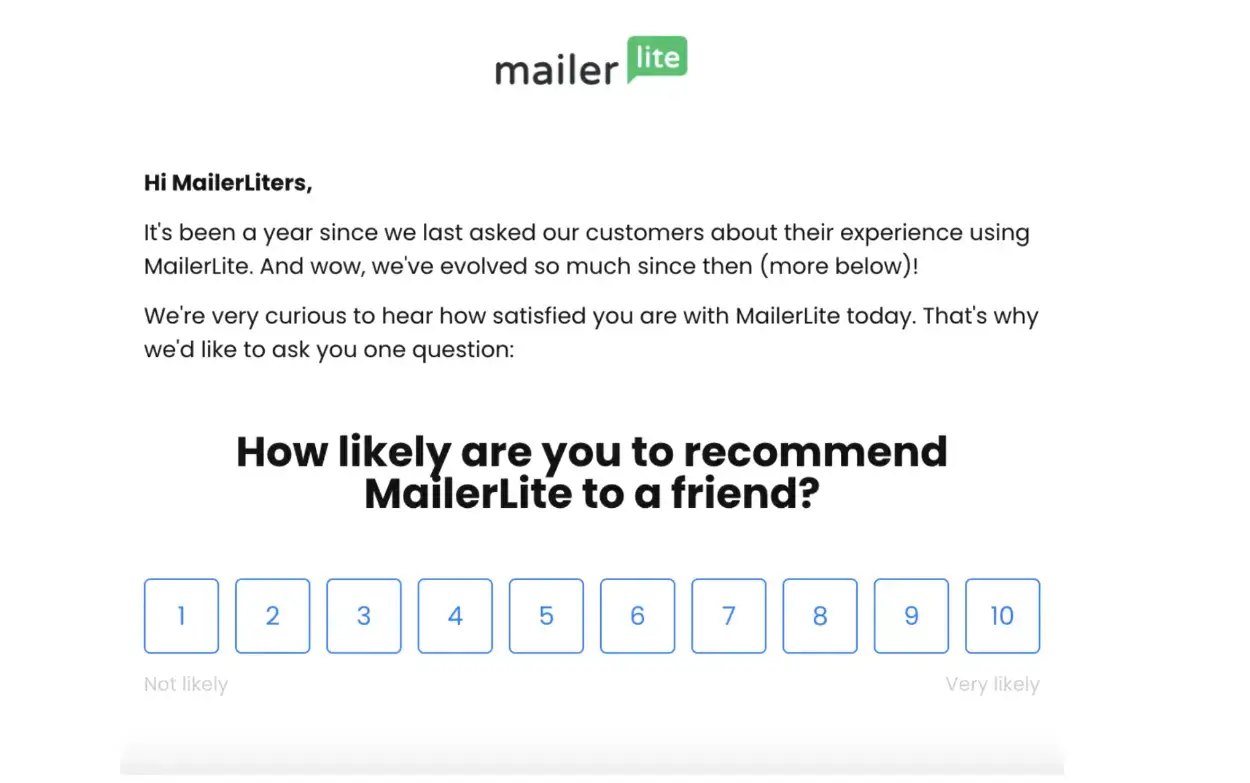
Source: Refiner.io
Net Promoter Score (NPS) surveys are powerful tools for preventing and managing customer dissatisfaction. They ask customers how likely they are to recommend your business to others, usually on a scale from 0 to 10.
Understanding customer sentiment is vital for sustainable growth. Tools like Zonka Feedback’s NPS surveys help businesses gather actionable insights for improvement.
Benefits of NPS Surveys
- Customer Feedback: Direct insights into satisfaction levels.
- Identify Areas for Improvement: Pinpoint where your business can improve.
- Track Performance Over Time: Monitor trends in satisfaction.
Best Practices
- Timing and Frequency: Send surveys regularly at key customer journey points.
- E-Word-of-Mouth (EWOM) Campaign: Follow up positive feedback by asking users to leave public reviews.
- Action on Feedback: Implement improvements and inform customers of the changes.
5. Email marketing for personalized engagement
Email marketing allows direct and personalized customer engagement.
For beginners, start with a simple monthly newsletter. As skills grow, add personalization (within reason) based on customer interactions, preferences, or history.

Email campaign by forbiddenplanet.com
Key Strategies
- Segmentation: Divide your email list into relevant groups.
- Content Variety: Mix welcome emails, promotions, and follow-ups.
- Automation and Consistency: Automate campaigns for timely delivery.
- Tracking Metrics: Monitor open, click-through, and conversion rates.
Mastering email marketing empowers SMBs to build deeper audience relationships and lays the groundwork for advanced strategies.
Advanced Strategies for SMBs to Boost Sales
For SMBs ready to advance their marketing, several sophisticated techniques offer higher ROI through data-driven insights. Many of these are best implemented by experienced digital strategy consultants.
6. In-depth market and audience research

Source: Freepik
Comprehensive audience research helps SMBs uncover customer needs and pain points. This data-driven insight forms the basis of strong marketing strategies.
Research Steps
- Data Collection: Surveys, focus groups, and analysis. When conducting large-scale data collection online, pairing your research tools with the best datacenter proxies helps maintain speed, anonymity, and access to region-restricted sources — ensuring uninterrupted, high-quality market insights for your campaigns.
- Insightful Analysis: Identify trends and opportunities.
- Strategic Application: Tailor marketing and product decisions based on insights.
7. Effective SEO
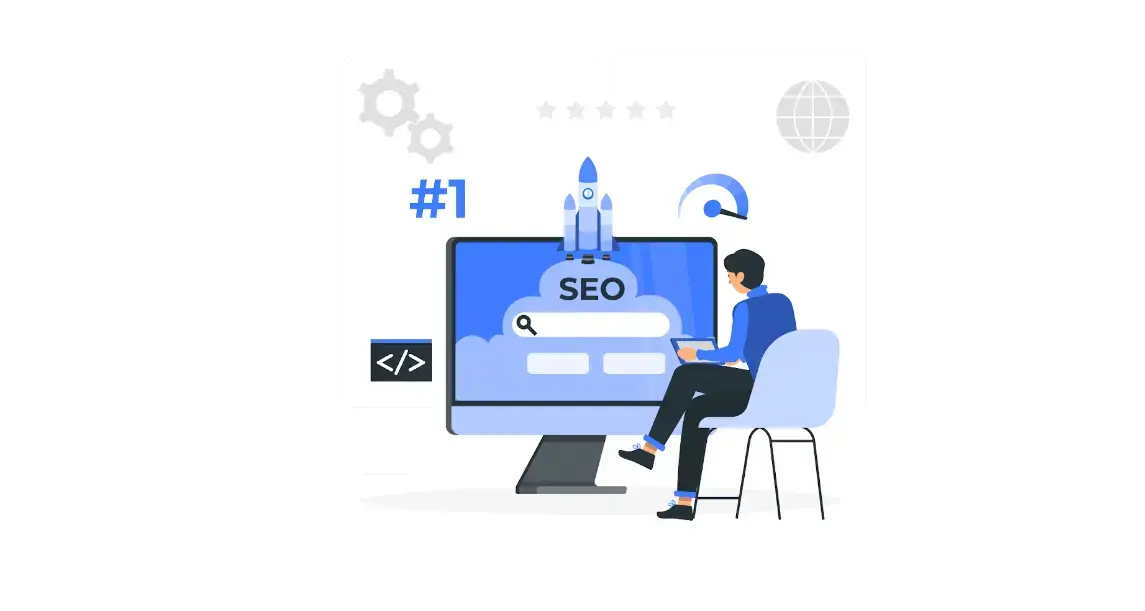
Source: Freepik
A strong SEO foundation boosts online visibility and reduces ad costs. Expand your research to create an actionable SEO strategy.
Core Elements
- Keyword Research: Consultants identify high-value search terms.
- Website Optimization: Improve site speed, structure, and backlinks.
- SEM Campaign Management: Manage PPC campaigns efficiently.
8. Investment in advertising
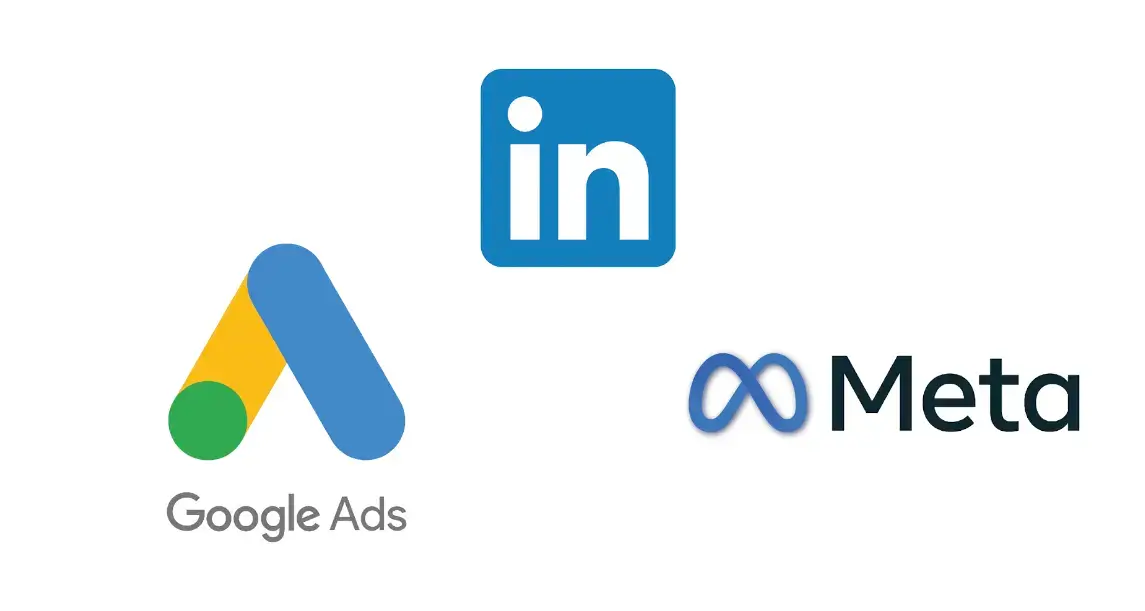
Advertising is the fastest route to visibility and conversions. Agencies handle ad creation, management, and optimization to improve ROI.
Agency Tasks
- Ad Creation and Management: Design engaging, targeted ads.
- Performance Tracking: Analyze data for better outcomes.
Check out this Agency Analytics alternative.
9. Implementation of remarketing campaigns
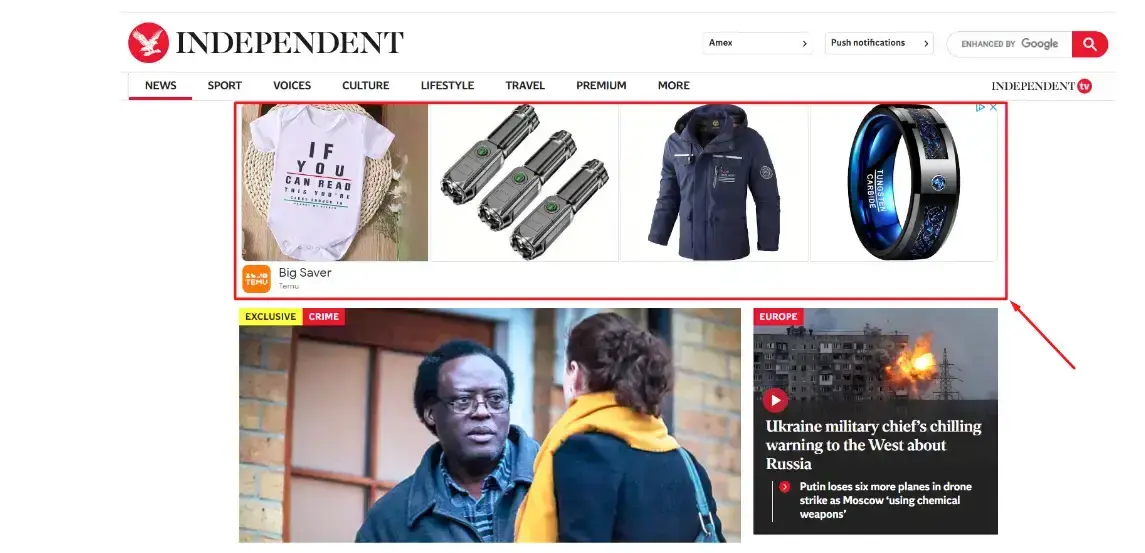
Example of a remarketing ad (source: independent.co.uk)
Remarketing strategies re-engage visitors who didn’t convert.
Steps
- Targeted Ad Creation: Tailor ads to users’ prior interactions.
- Strategic Placement: Display ads where users spend time.
- Performance Analysis: Refine campaigns using engagement metrics.
10. Thorough data analysis

Data analysis ties all marketing strategies together. By continuously tracking performance metrics, SMBs can make smarter, evidence-based decisions that drive long-term growth.


